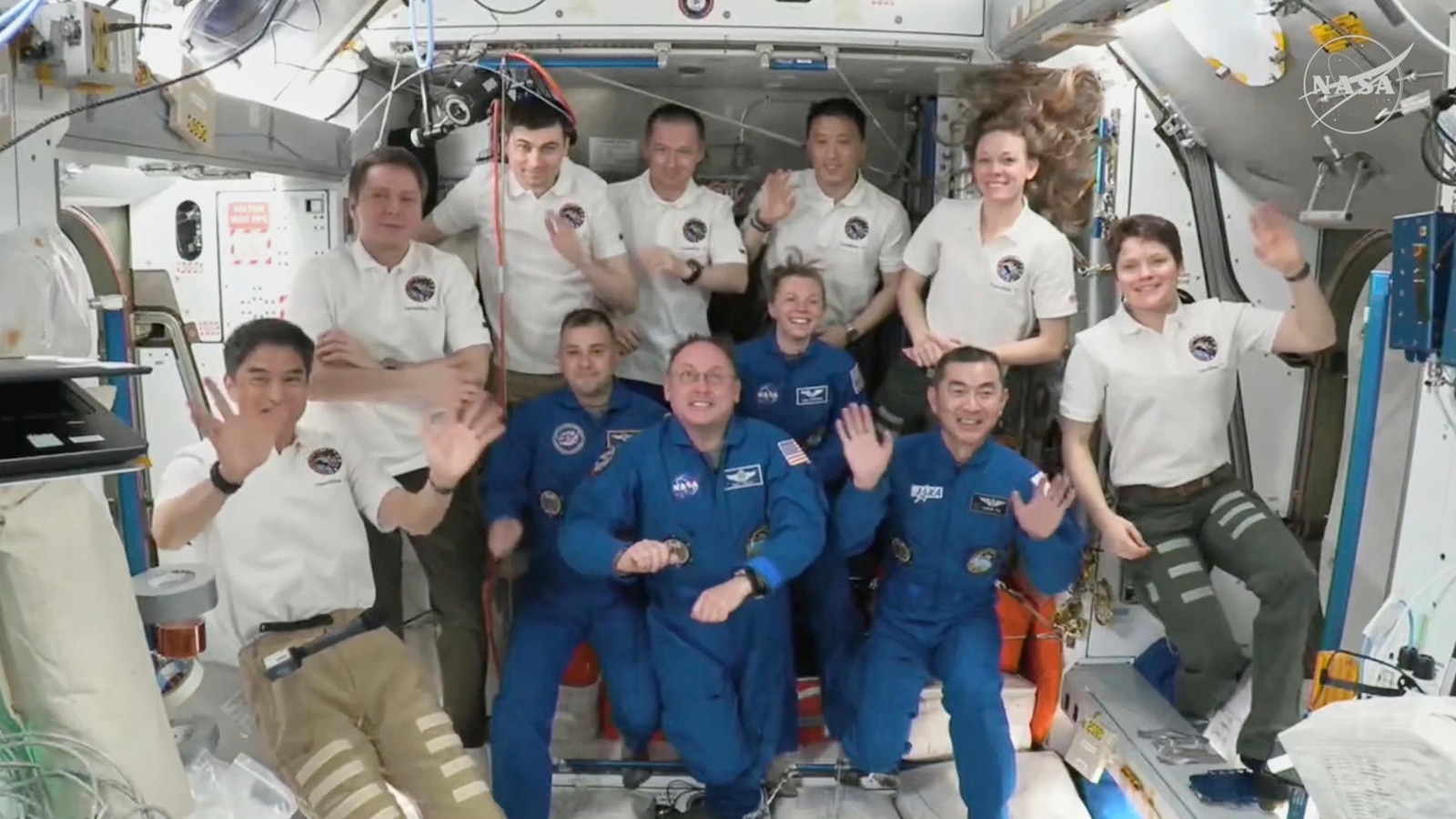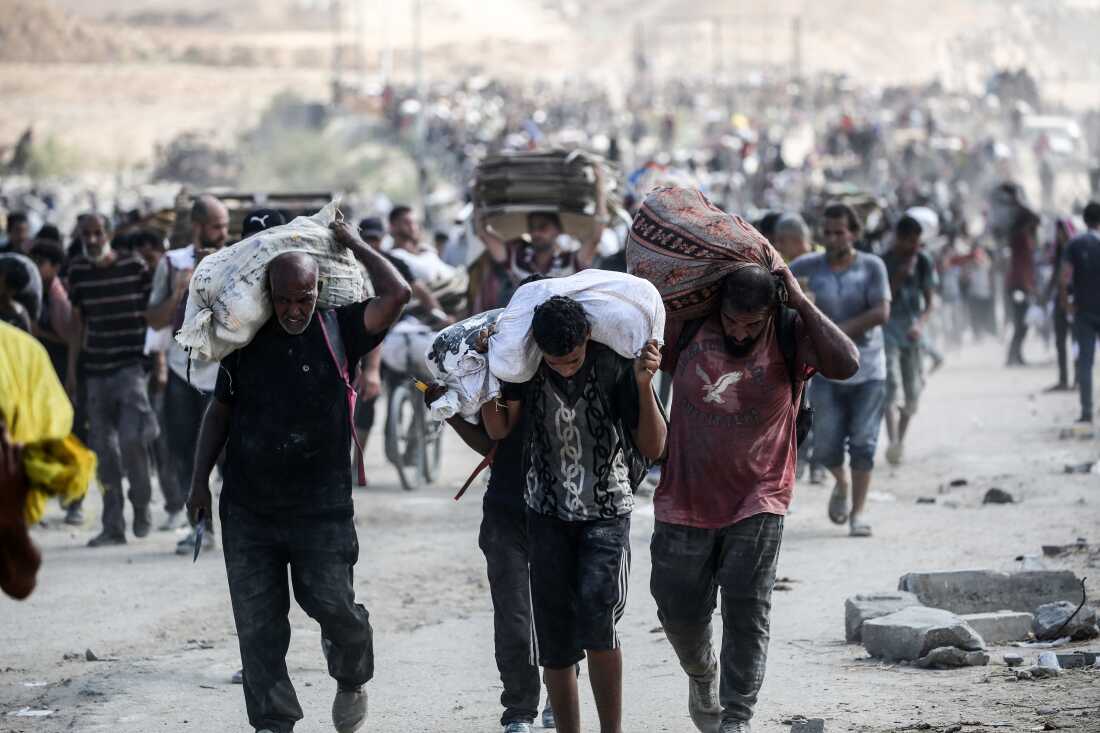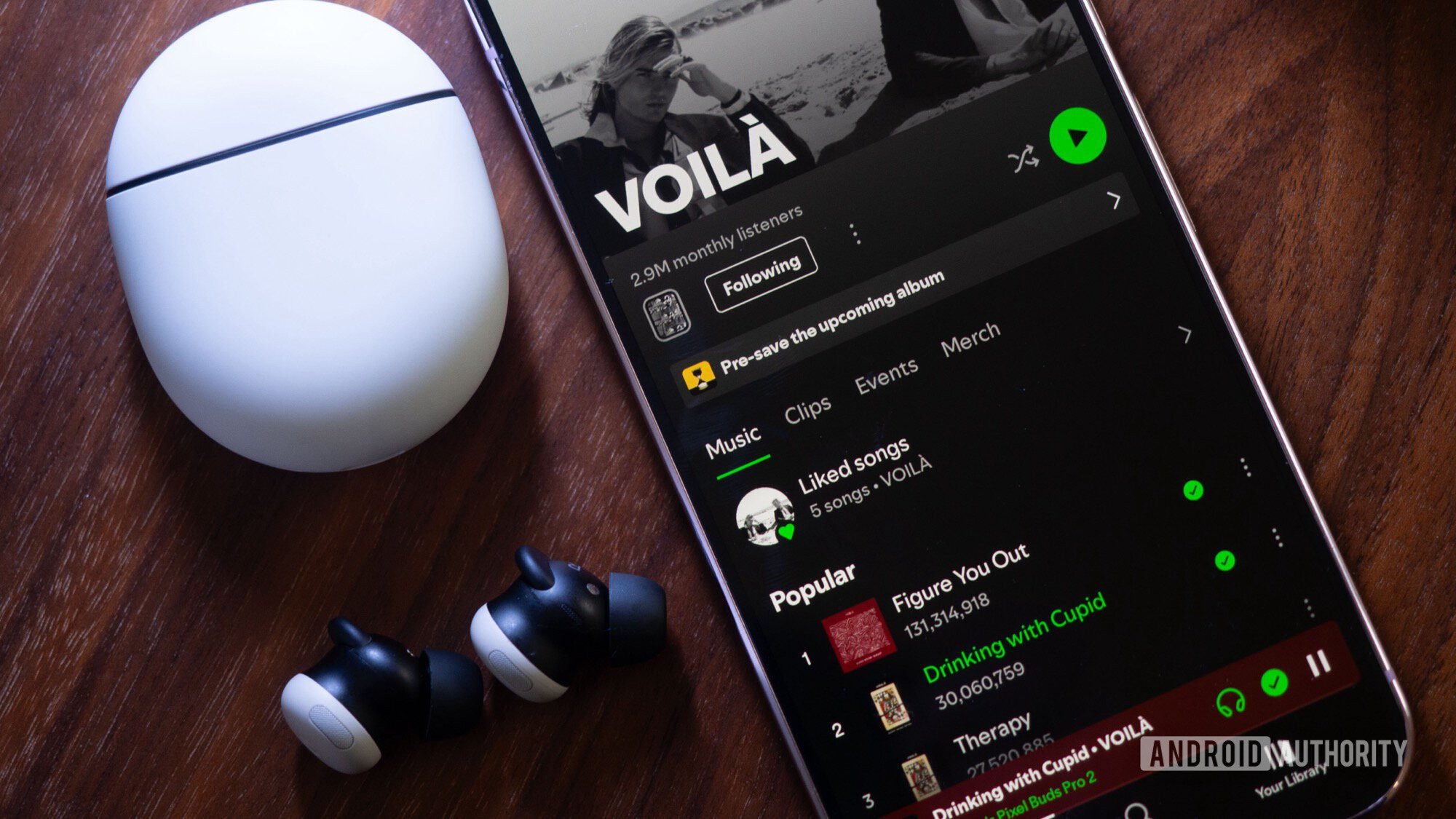For many years, respiratory syncytial virus (RSV) has been the leading cause of hospitalization for infants in the U.S., affecting thousands of elderly individuals annually. After years of effort to develop a vaccine, new vaccines have become available for the first time for adults aged 60 and older and for pregnant individuals between 32 weeks’ and 36 weeks’ gestation. Additionally, an injectable monoclonal antibody shot is now available to protect babies aged 8 months and younger, as well as certain high-risk children under 24 months. However, doctors have encountered varying experiences in getting their patients vaccinated. Some have faced challenges due to supply chain issues, and some parents have been hesitant to vaccinate their children, according to health care experts who spoke with ABC News.
“So, before the onset of the RSV season this year, there was so much excitement in the pediatric medical community about these new tools,” said Dr. Allison Bartlett, a professor of pediatric infectious diseases at the University of Chicago Medicine Comer Children’s Hospital. “We now have what should be an absolute game-changing set of tools. But I have to say, I’m disappointed by the number of families who elected not to provide protection to their babies.”
RSV is a common respiratory virus that affects most children by their second birthday, causing mild, cold-like symptoms. However, it can lead to serious infections for infants and older adults, often resulting in hospitalization. Up to 80,000 children younger than age 5 are hospitalized every year.
There are two monoclonal antibody products available, and one is newly introduced this season for all babies under 8 months. Monoclonal antibodies are lab-manufactured proteins that mimic the body’s natural antibodies when fighting an infection. Although administered as an intramuscular injection, this shot is different from a vaccine as it does not activate the immune system. The newest monoclonal antibody shot, Beyfortus, manufactured by AstraZeneca and Sanofi, reduces the risk of severe RSV disease by about 80%, according to the CDC.
However, the uptake of these new vaccines and immunizations has varied across the country. Dr. Alexy Arauz Boudreau, associate chief for pediatrics at Massachusetts General Hospital, reported that between 80% and 90% of families in her patient population had their children immunized against RSV. In contrast, Dr. Allison Bartlett mentioned that more than half of families declined the immunization when it was offered before hospital discharge. This was also observed with vaccines available for older adults, as only 21.1% of them in the U.S. have been vaccinated, according to CDC data.
Various factors have been identified as reasons for the lower-than-expected uptake of the RSV vaccines. Some parents may have been hesitant about a new product, despite clinical trial data showing its safety and effectiveness. Others may not have been aware of the availability of the product or may be experiencing vaccine fatigue due to the COVID-19 pandemic. Supply chain issues have also played a role in the lower uptake, with officials urging manufacturers to speed up production due to an alarming shortage.
As of December 2023, a new CDC survey reported that 28% of mothers with babies under 8 months said they got their infant the RSV shot. The doctors believe that the availability of these tools likely had some effect on hospitalization rates, but they anticipate that next year’s data will provide a clearer picture of the impact of the immunization.
“My suspicion is once the supply chain issues kind of correct themselves, and more kids are getting it, I think next year might be more telling as to how much of an impact [the immunization] really has on the hospital side,” Dr. Eric Biondi, associate chief medical officer for the Johns Hopkins Children’s Center, said.
Dr. Bartlett expressed hope that more conversations with parents about the real-world implications of the monoclonal antibody shot will lead to increased protection for infants before the next RSV season. “Our goal with these prevention tools that we have is to put the children’s hospitals out of business,” she said. “You know, we won’t be sad if our ICUs are not full of children with RSV infections. We would much rather than be home and healthy and happy.”
Despite 'game-changing' new RSV shots, uptake lagged among infants, adults: Experts














